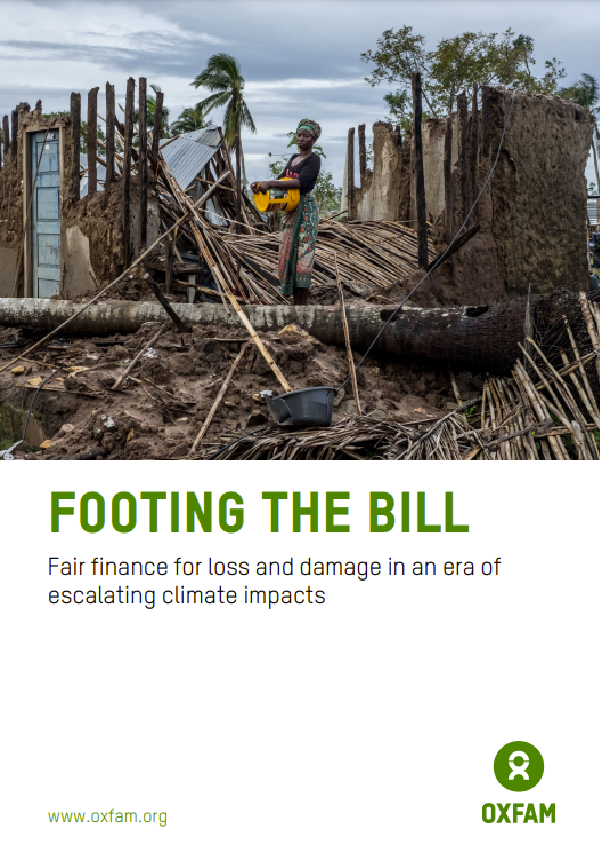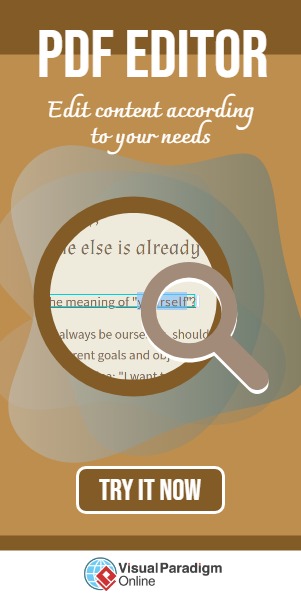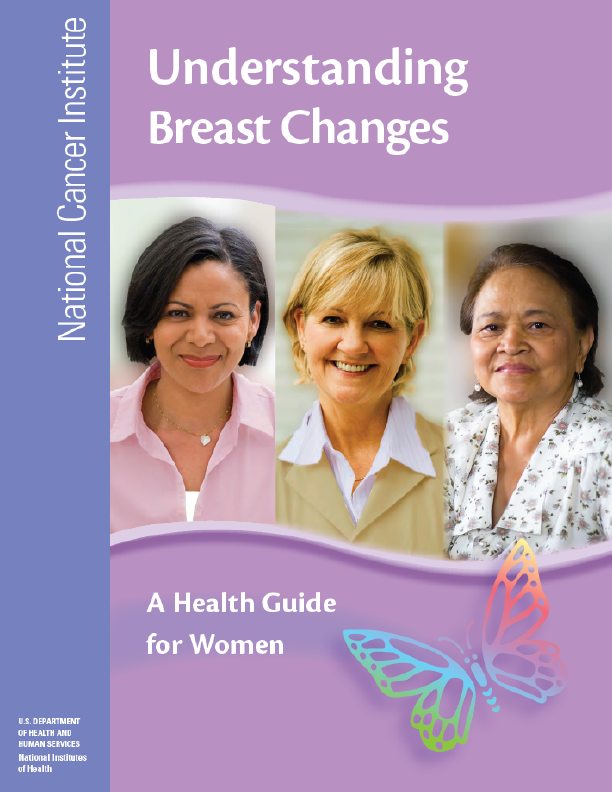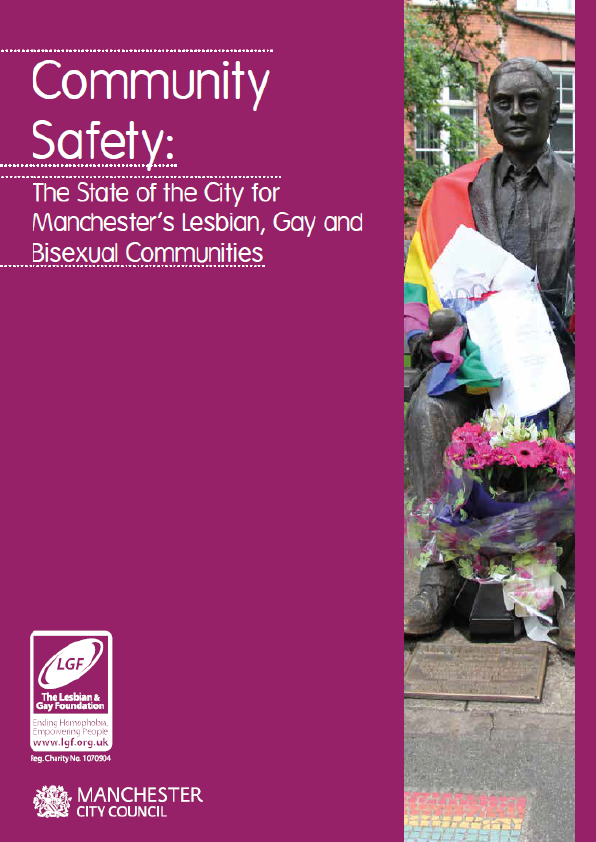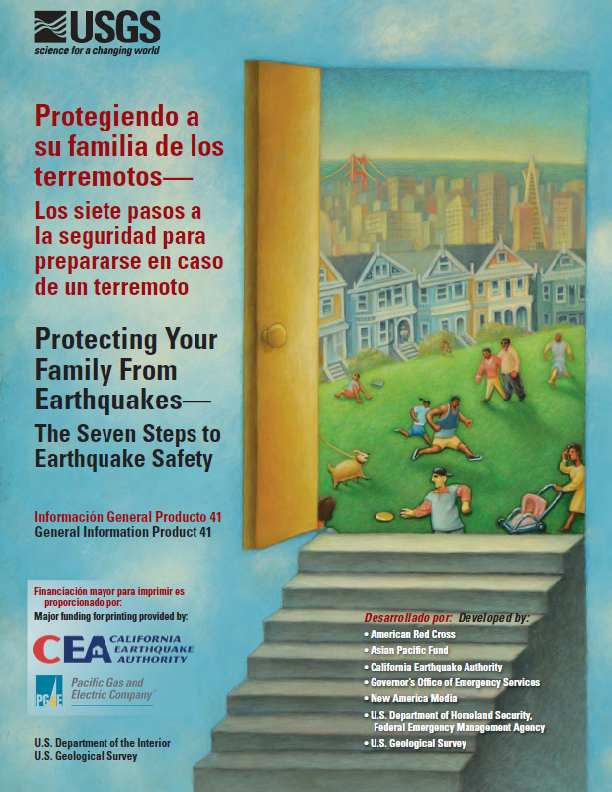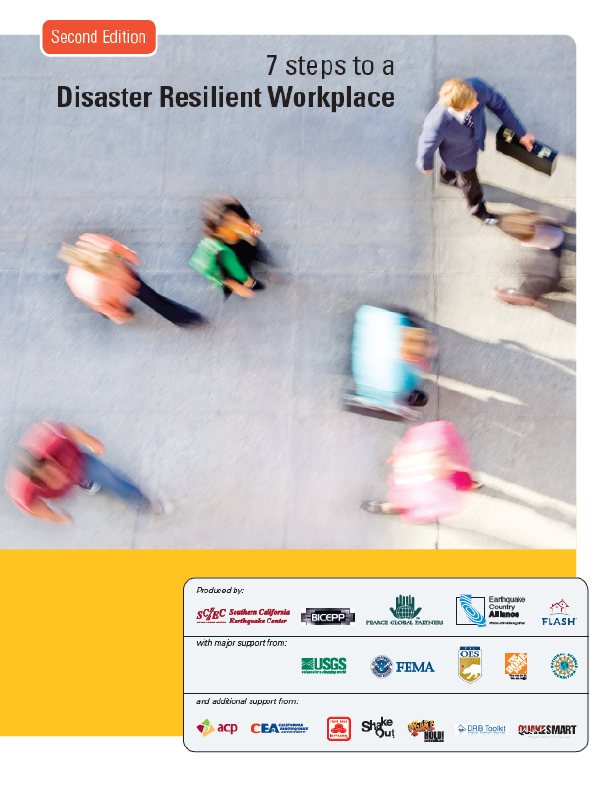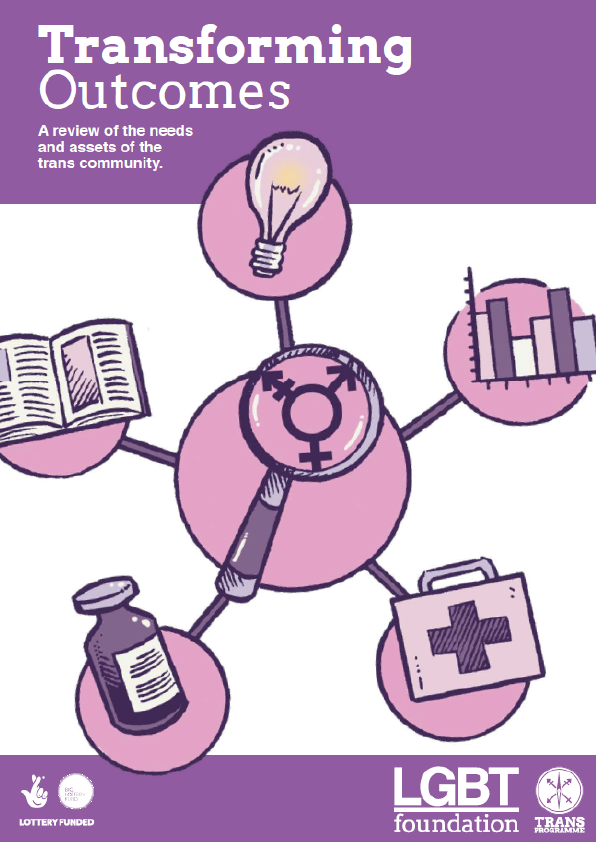Contemporary climate change includes both global warming and its impacts on Earth’s weather patterns. There have been previous periods of climate change, but the current changes are distinctly more rapid and not due to natural causes. Instead, they are caused by the emission of greenhouse gases, mostly carbon dioxide (CO2) and methane. Burning fossil fuels for energy use creates most of these emissions. Certain agricultural practices, industrial processes, and forest loss are additional sources.
At 1.1˚C of warming above pre-industrial levels, we have entered a dangerous new era of climate impacts. The sixth assessment report by the Intergovernmental Panel on Climate Change (IPCC) laid bare the ‘unequivocal’ impacts happening now and the widespread loss and damage people are experiencing. Climate change is a costly and deadly reality that is being felt most acutely by people in lower-income countries, where millions are one drought, failed harvest, flood, or wildfire away from poverty, hunger and death.
In every climate-related disaster, in rich and poorer countries, it is the poorest people who are hit hardest, driving up inequality. Loss and damage are strongly concentrated in poorer populations. Wealth and income inequality intersect with race, gender, and ethnicity to create even greater vulnerability to climate impacts. Richer people are less exposed to climate risks and better able to weather disasters. They live in more secure places and have more assets to draw on. Poorer people have less protection and therefore experience greater loss and damage, which accumulates over time. As a result, the gap between those at the bottom and those at the top grows ever wider.
At the same time, richer countries have the public infrastructure, and the financial firepower to recover more quickly. And crucially, more equal countries are better able to mount effective collective responses to disasters, in ways that do not abandon poor people.
An important indicator of rising climate impacts and associated loss and damage is increasing humanitarian need. New Oxfam research reveals that funding requirements for UN humanitarian appeals linked to extreme weather are eight times higher today than they were 20 years ago. As climate change escalates, the humanitarian system is being put under increasing strain and is unable to adequately respond. Oxfam research also estimates that over the past five years, UN humanitarian appeals linked to extreme weather were only 54% funded on average, resulting in an estimated funding shortfall of $28–$33bn.
While alarming, these numbers do not even come close to reflecting the full scale of climate-induced loss and damage. Flooding in Europe in 2021 caused $45.6bn in losses, while in 2017 Hurricane Maria caused damage equivalent to 226% of Dominica’s GDP. The true scale of loss and damage goes beyond humanitarian appeals, and is rising. Estimated costs of loss and damage by 2030 range from $290bn to $580bn. 10 Non-economic loss and damage is also profound and farreaching, encompassing loss of life, cultural identity, Indigenous and local knowledge, human health, biodiversity and territory.
The costs of climate impacts will continue to skyrocket with every fraction of a degree of warming. Emissions are rising and temperature increases are on track for 2.4˚C, if not more. Even with ambitious action to cut emissions and adapt, further consequences of climate change are no longer avoidable – and failure to slash emissions means that far worse may be to come.
